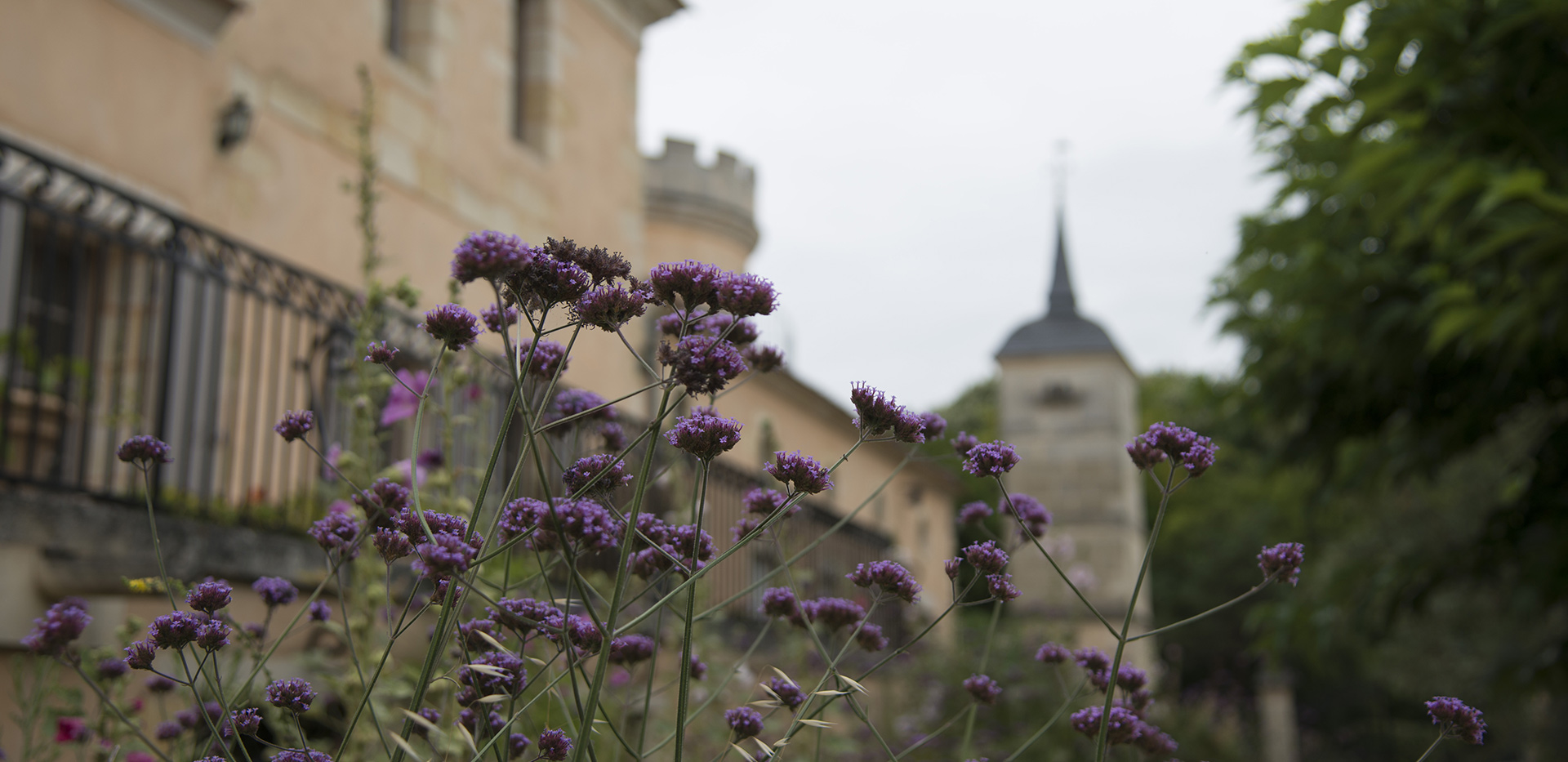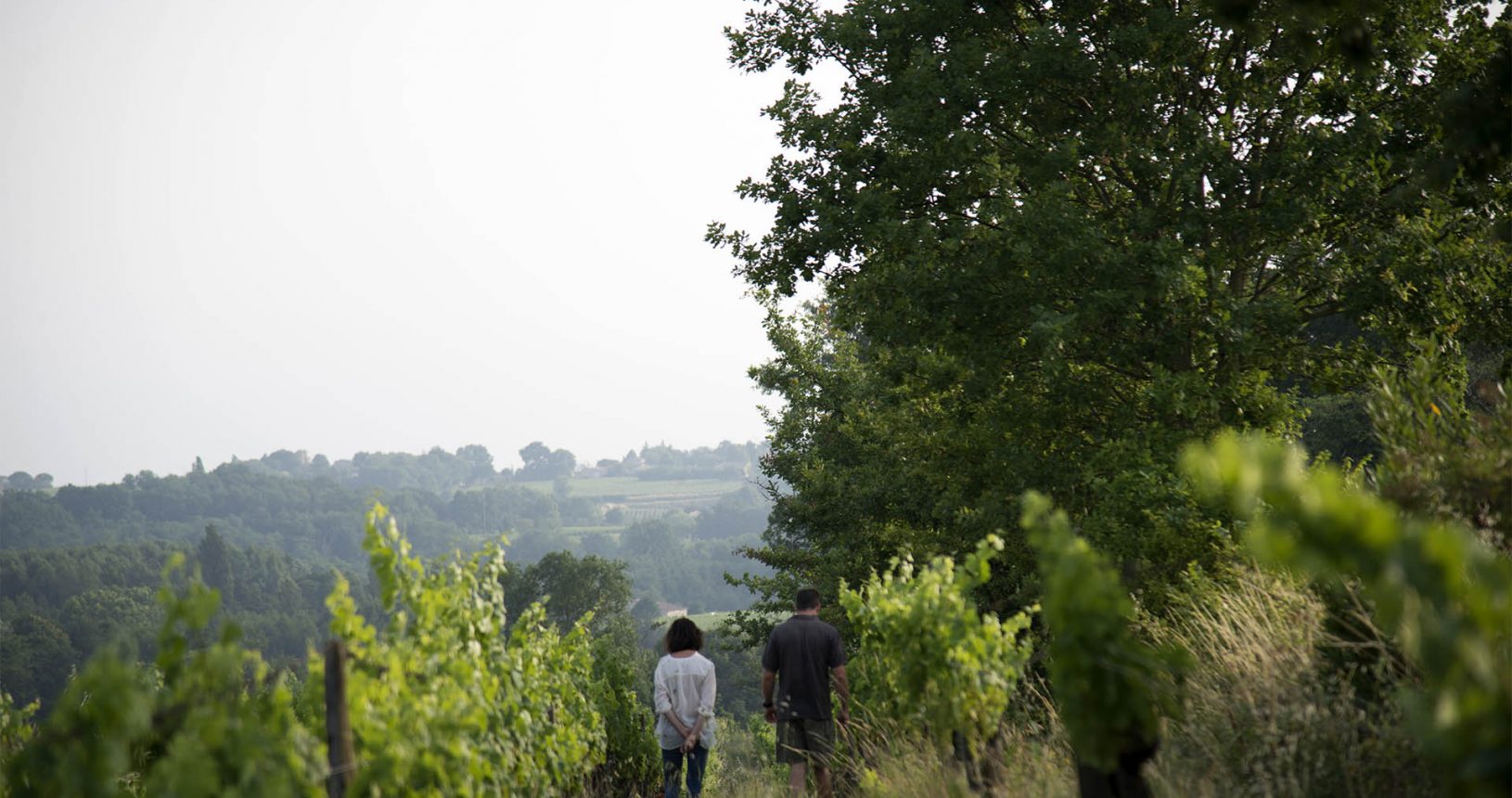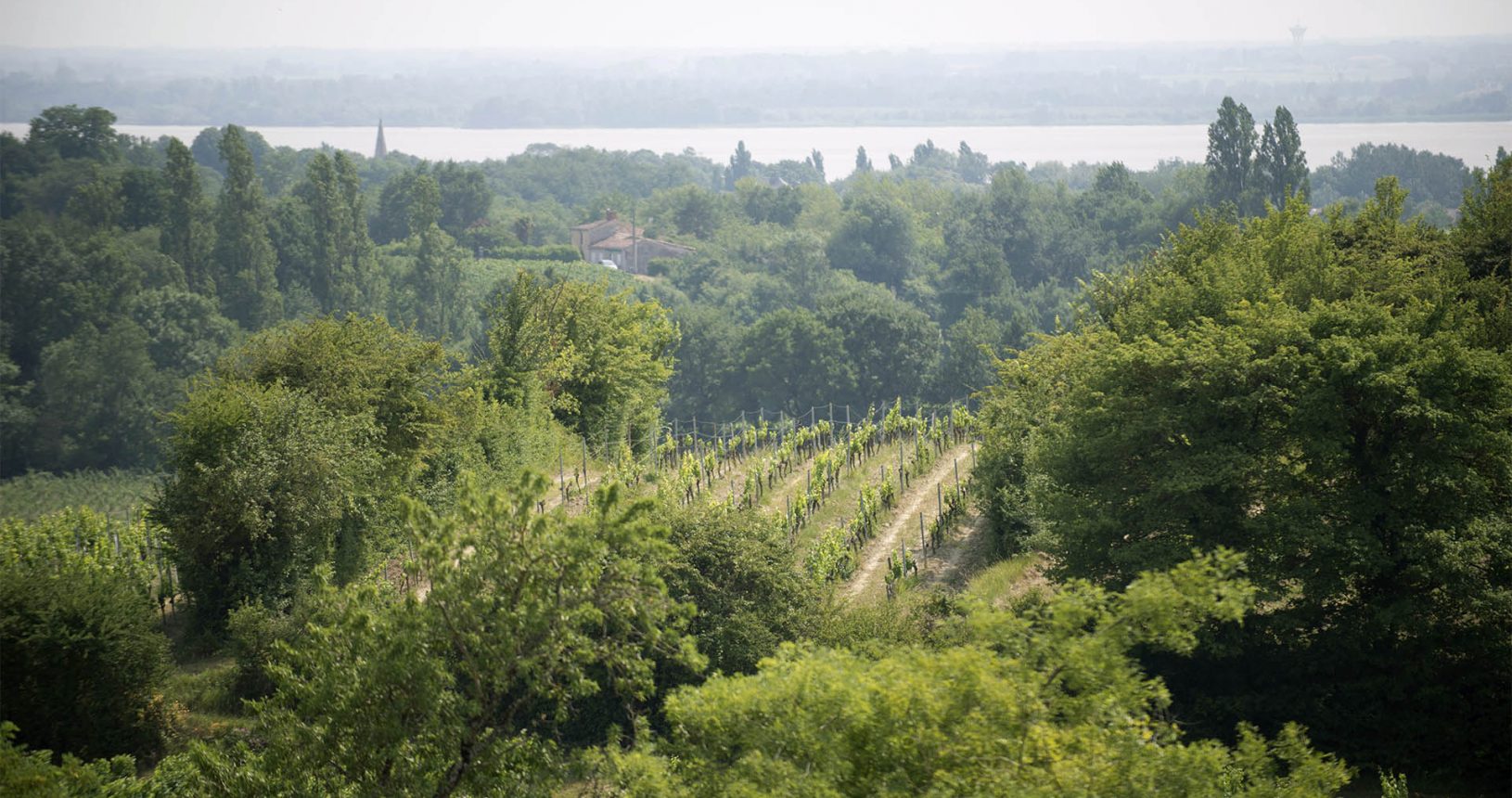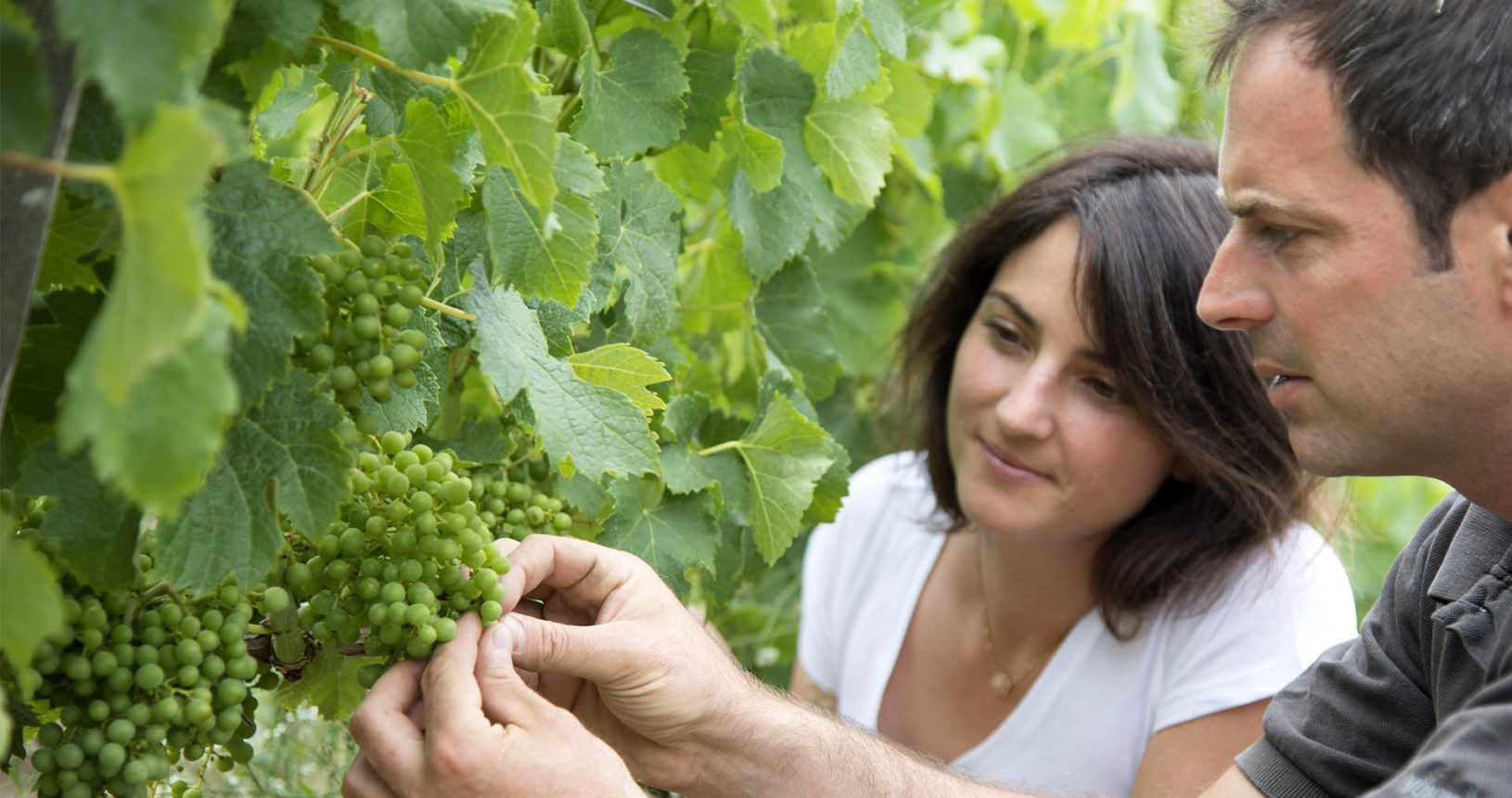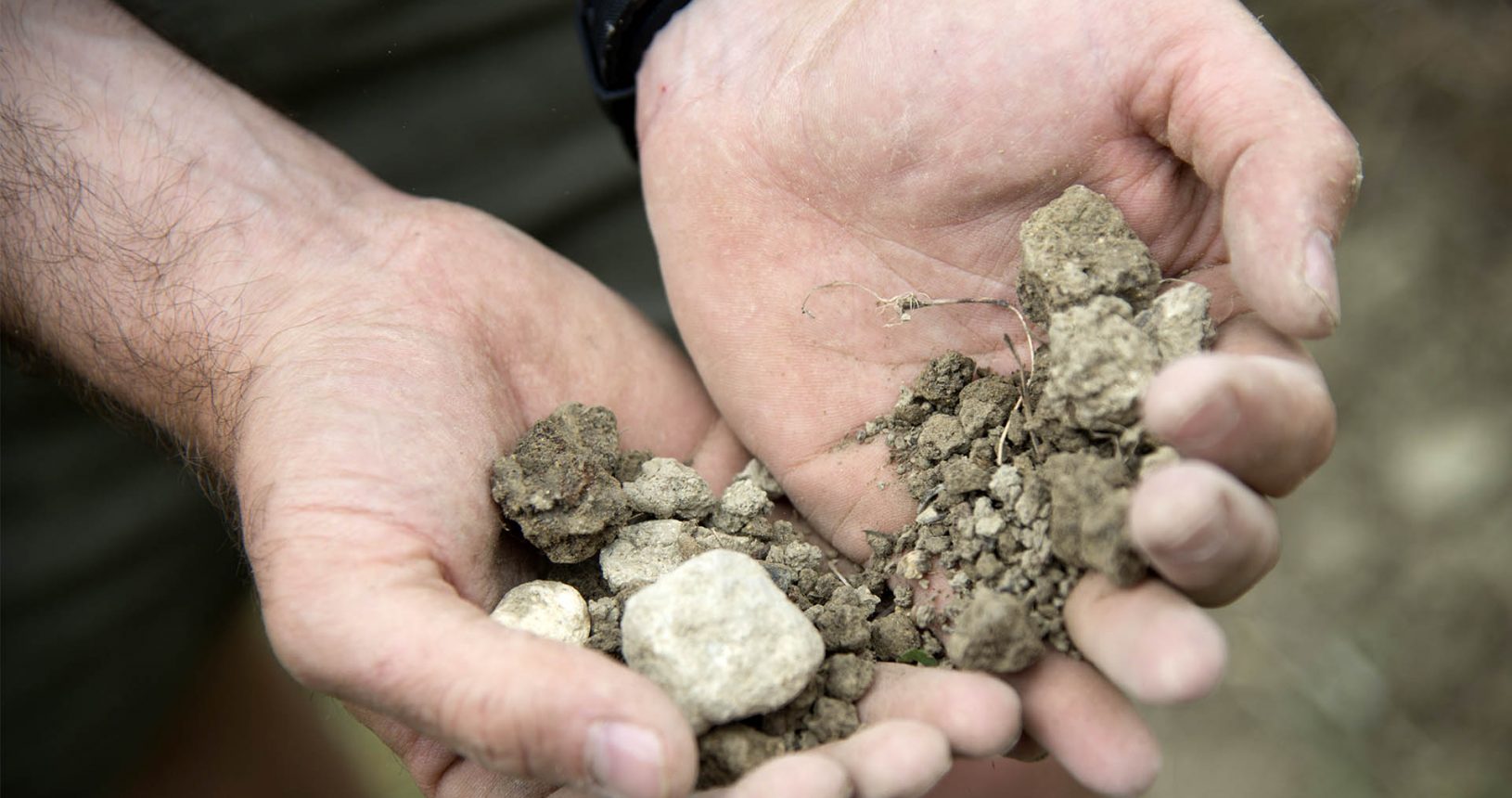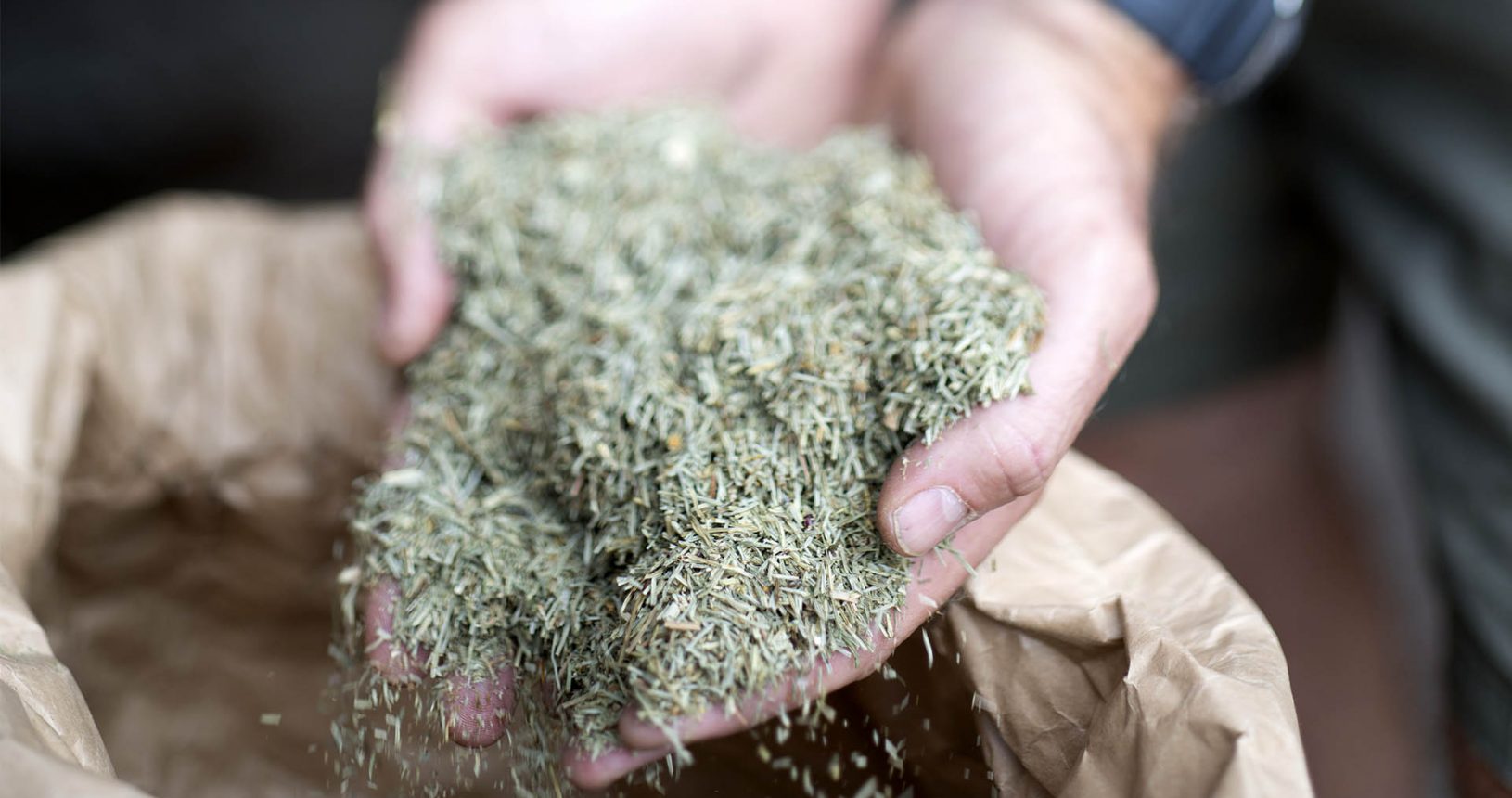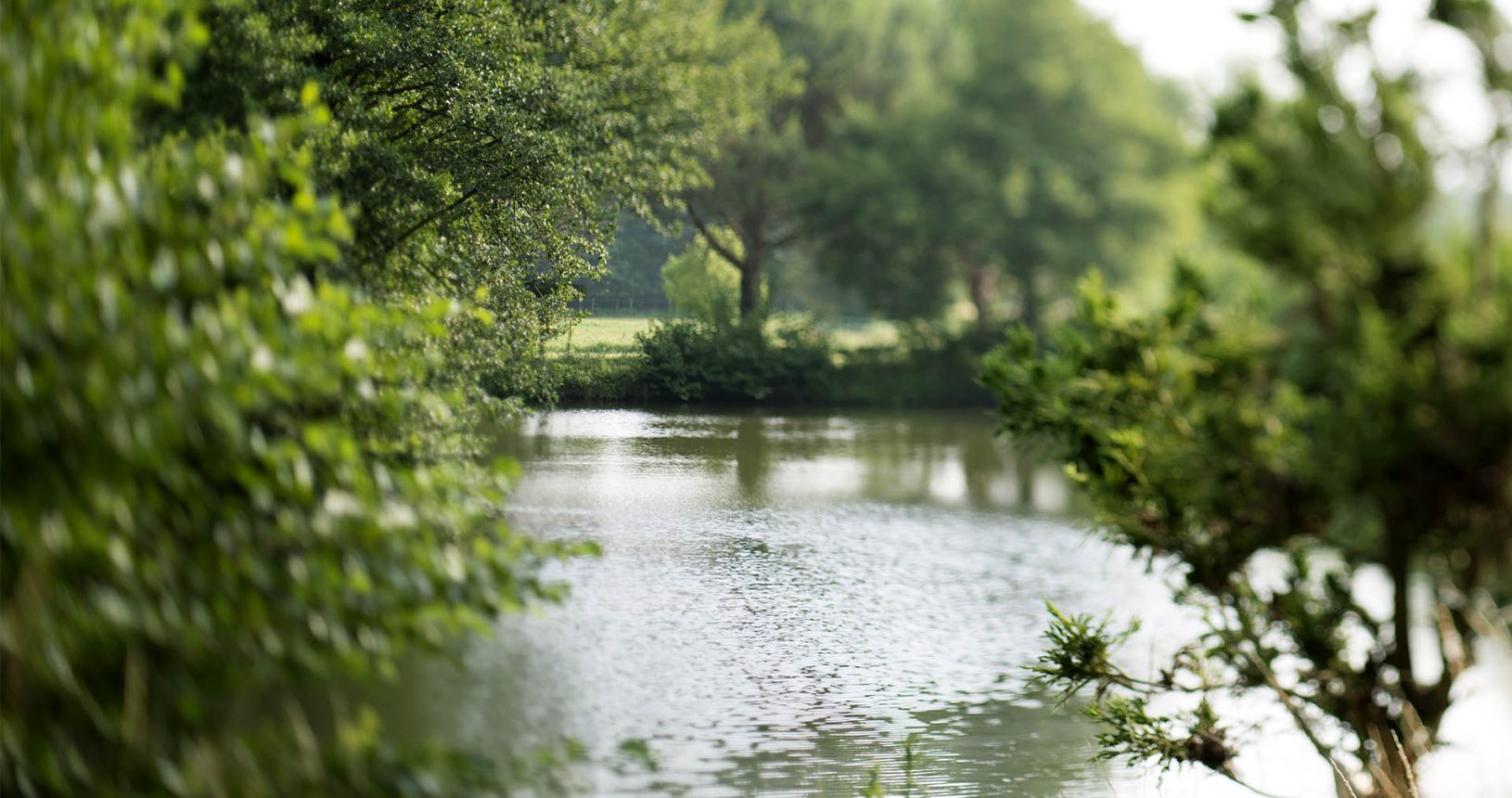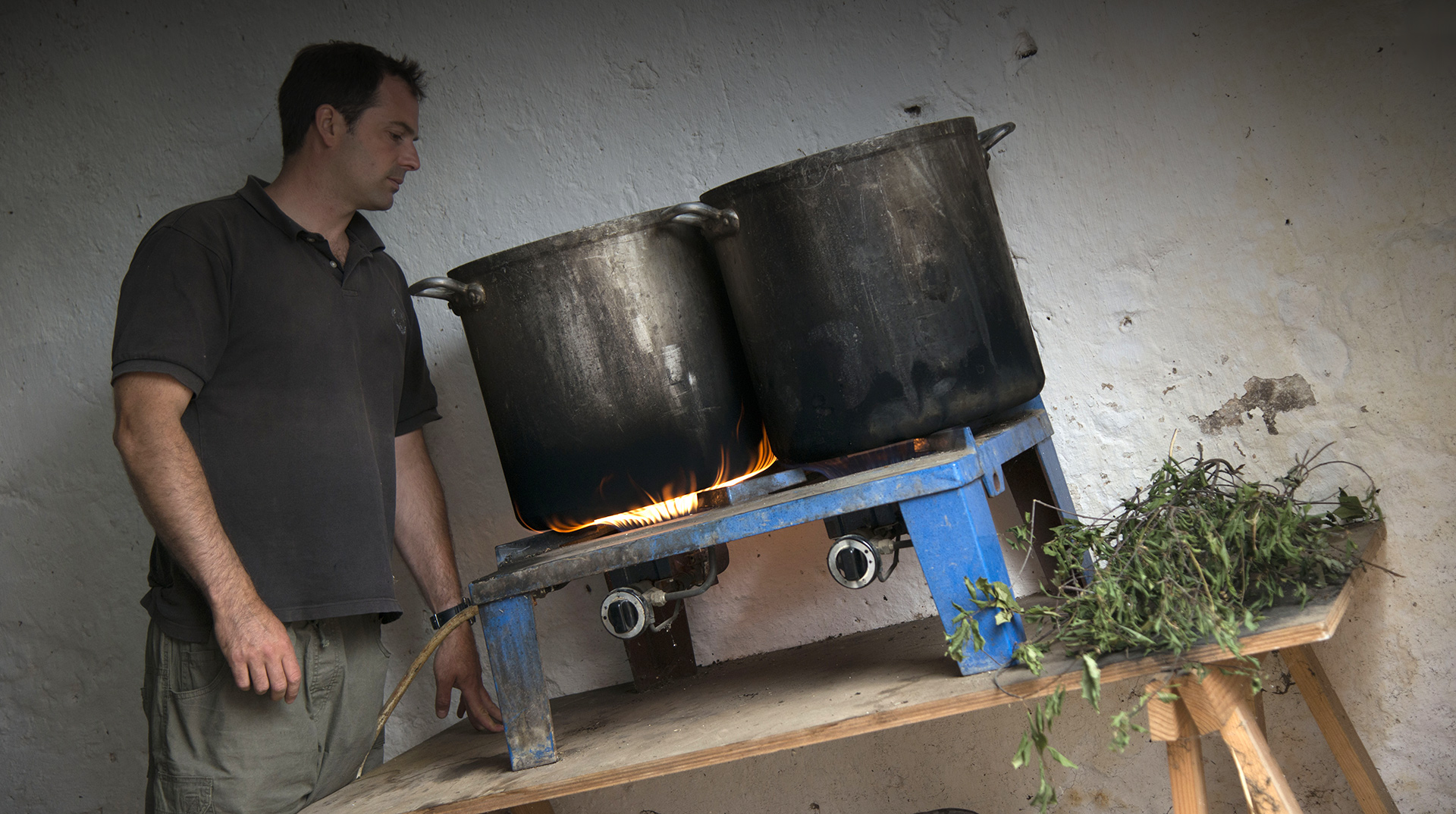
Reveal the nature of wine
BIO
BIODYNAMICS

W hat is biodynamics?
Since 1924, German agriculturalists and agronomists concerned about degeneration phenomena in cultivated plants, loss of fertility among herds, or the use of synthetic chemicals, have been turning to Rudolf Steiner. A philosopher and scientist originally from Austria, he is recognised as the founder of an educational movement and of various initiatives in cultural, social and therapeutic arenas. He defined the basics of biodynamic techniques in his ‘Agriculture Course’.

‘Biodynamic agriculture is a form of agriculture designed to ensure healthy soil and plants in order to provide people and animals with a healthy diet. It is based on an in-depth understanding of the laws of the living world, acquired from a qualitative, global vision of nature. It views nature as currently being so damaged that it is no longer able to heal itself, meaning that the soil must be given back its fertile vitality – which is crucial for the health of plants, animals and people – using “therapeutic” procedures.’ R.STEINER - roller
H ow and why do we apply it?
The two main preparations which we use on the estate are 500 and 501. These two preparations act in polarity with each other, one on the light (501) and the other on the soil (500). Before applying these preparations we have to ‘dynamise’ them by stirring them in a large quantity of water one way and then the other for a period of half an hour, in order to transfer the virtue or the message of the preparation firmly into the water.
The ‘500’ horn manure preparation is made by filling a cow’s horn with good-quality cow dung and burying it in the ground to ferment over the winter. The resulting transformation is staggering, and the virtually odourless preparation is a concentration of life and energy. Sprayed in the evening when the sun’s strength is waning, it boosts root development and soil life. Numerous studies have shown that root hairs are much better developed in biodynamically-cultivated plants than in organically and conventionally-grown examples. More specifically, this means that the vine will be better anchored in the soil and able to express its terroir more successfully.
The ‘501’ horn silica preparation is a quartz-based substance which is in turn buried in a cow’s horn during the summer season. This preparation is sprayed after the morning mist when the sun is at its height. Loaded with solar energy, the micronised quartz serves miniature mirrors reflecting the light to encourage the plant to ‘turn’ towards the sun. This ultimately boosts the vine’s photosynthesis, steering its ripeness and thus improving the quality of the grapes. It is also plays a significant role as a fungicide.
Our vines are therefore in good health and consequently more resistant to climatic stress and disease. We also pair our traditional treatments with herbal teas: horsetail (rich in silica) and buckthorn (which contains a toxin that stimulates the vine’s natural defences) are two examples. There are many other plants to try, with vineyard remedies there before our very eyes – you just have to bend down and look.
